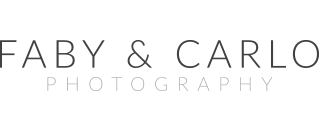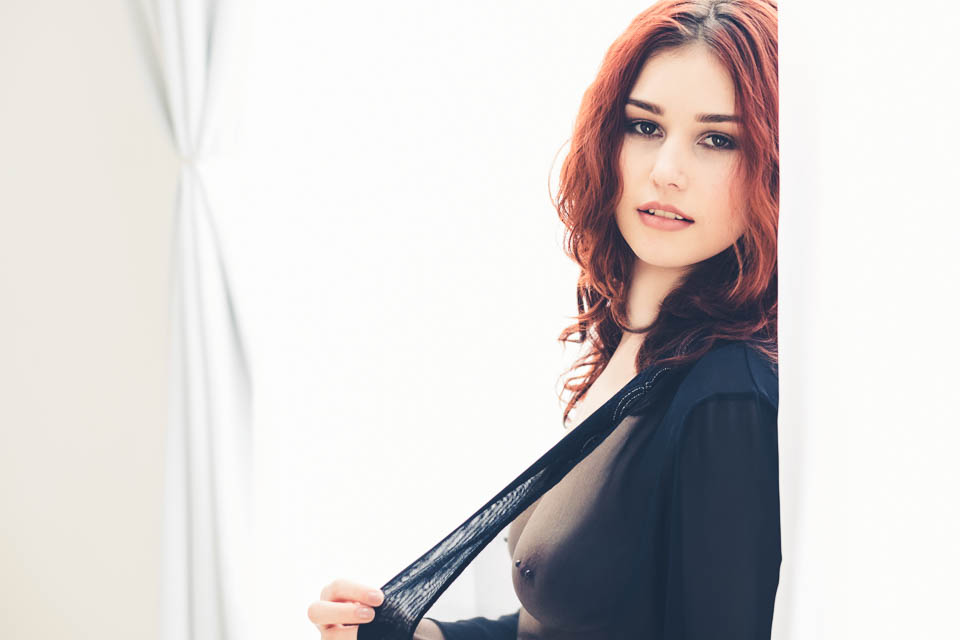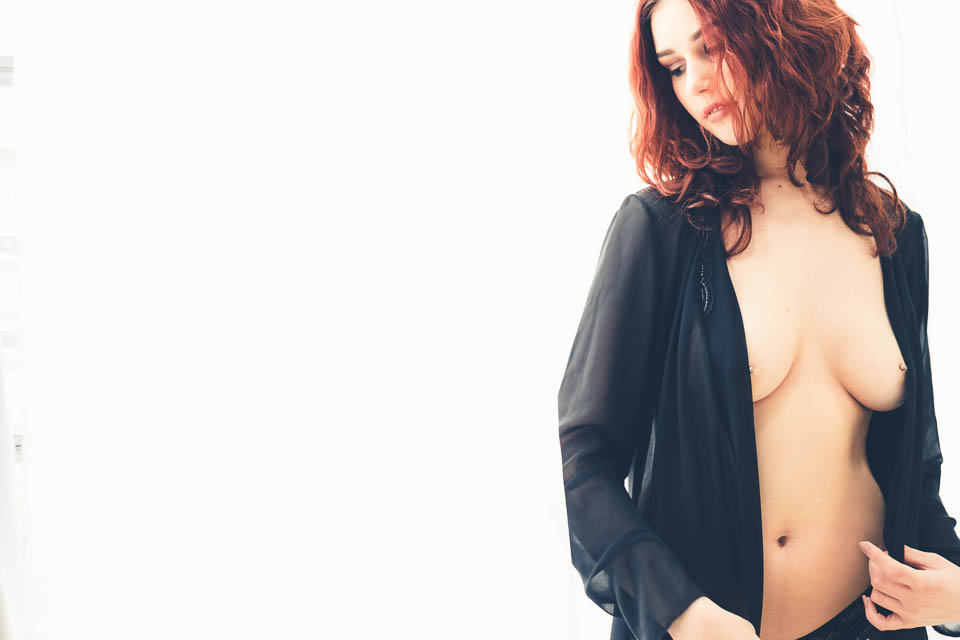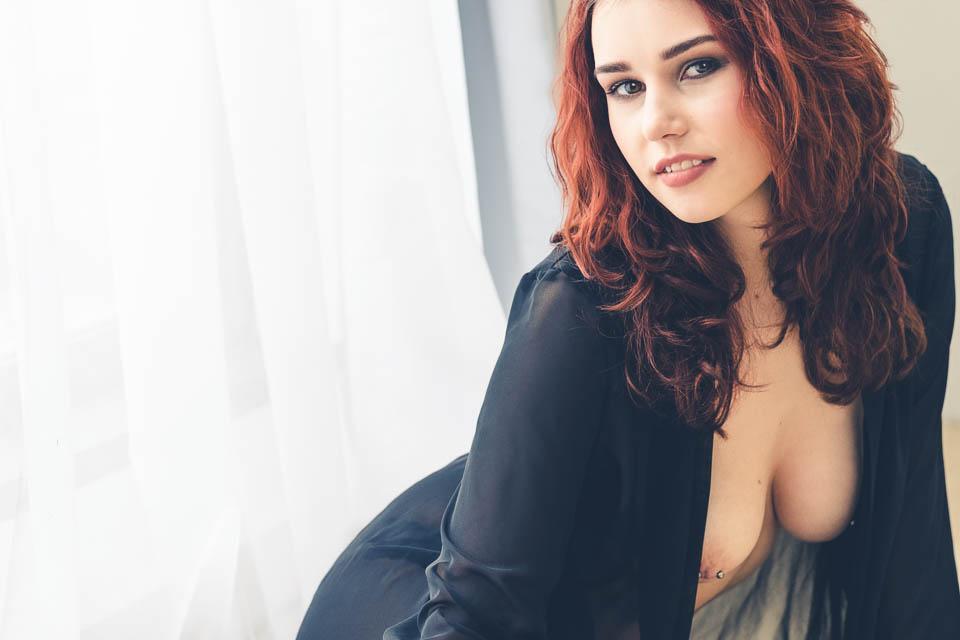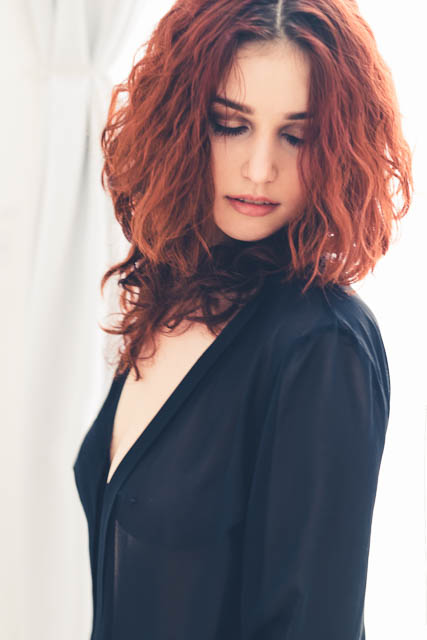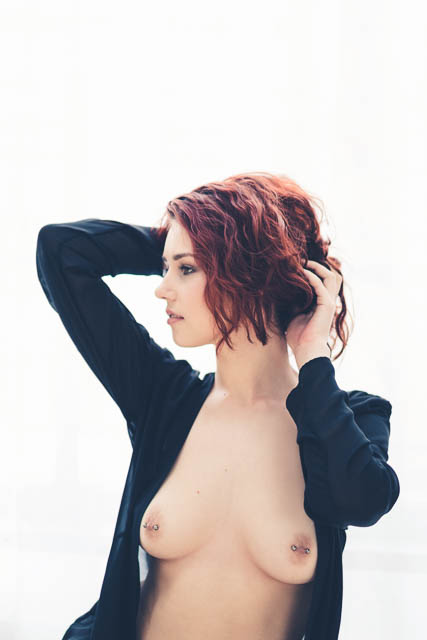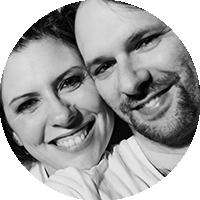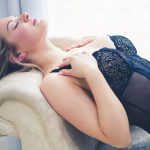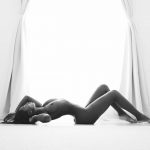Real beauty is a dystopian work of fiction
I will write once more about real beauty, and what I believe to be a very difficult reality women are living. In my opinion real beauty is a dystopian work of fiction, as it is undesirable to many. Does it feel strange to read it is undesirable? Well, everything depends on who you are talking about; my point is that huge markets makes their fortune on the research of real beauty by making it unobtainable.
I feel there is the wrong definition of real beauty. It is not the one we see on the pages of the glossy magazines; it is not the one portrayed by the fashion or beauty industry. Real beauty is being who you are, even with your hangups, and being happy about it.
Who defines what real beauty is?
One of the key issues is that the definition of real beauty is in the eye of the beholder. I called it a “dystopian work of fiction” because the people that have more power in portraying real beauty are afraid of it. What they are doing is linking the definition of real beauty to something that is not reachable. In doing so, they lay down the groundwork for two things:
- negative comparison that pushes the sales of beauty products
- the feeling that to obtain real beauty you have to own certain garments or products
The idea that few people behind a desk can define what real beauty is scares me. Yes, I know that it has always been like this, but we are in an age where the digital connection should be able to liberate us from this. We are simply not doing it.
Why are magazines portraying something different from real beauty?
It is important to understand that this is not done because there is a negative sentiment towards women. Men are starting to feel the pressure as well. Real beauty is someone with a perfect beard, but talk to 100 men and you will understand that not all beards grow in the same way, and not all of them can be combed as you see them in the magazines.
You can also look at interior design magazines and see that your house needs something more. That feeling of needing something else, the need of buying something to make your life more perfect is at the base of the reasoning behind the magazines’ portrayal of life.
The fact that you feel inadequate when you look at yourself in the mirror is just a collateral damage of this.
The digital liberation has one enemy: ourselves
We have been shaped for so long about beauty and needs, that many of us have started linking beauty with something that has nothing about reality. This is dangerous because we have started to link our beauty to an imperfect, ugly version of the images on the cover of the magazines; we think that real beauty is on retouched images, and that we do not have it.
It is time to reshape our perception of reality, not our bodies in photoshop. What make you unique, those details that make you apart from everyone else are not “imperfections”, they are your unique take on beauty. That is real beauty!
Now, we have the technology to rely less on what magazine’s editor tell us how we should look. In sharing on our social media only positive body messages, avoiding to spread the messages in which beauty is shaped and distorted to became unobtainable.
Real beauty and Boudoir
Once already we have mentioned this: our way of looking at Boudoir is personal, in which digital retouching is almost never invasive. We believe in showing the beautiful woman you are. We are well aware that to get in a magazine you don’t just need to be skinny, you need to be digitally changed. The discussion with some editors goes about how the hips should be reshaped to be acceptable for the publication; this is certainly not what we believe to be good for women and their own self respect and definition of real beauty.
What do you think?
So, what do you consider “real beauty”? Is it something that resonate with who you see in the mirror?
Also, and don’t be shy, do you think that boudoir (and we can only think about Faby and Carlo here) is about real beauty or is it part of the issue?
